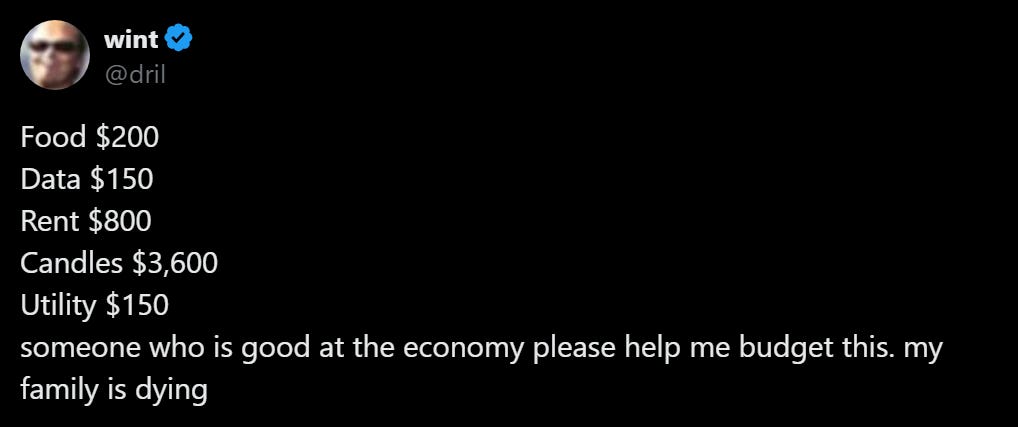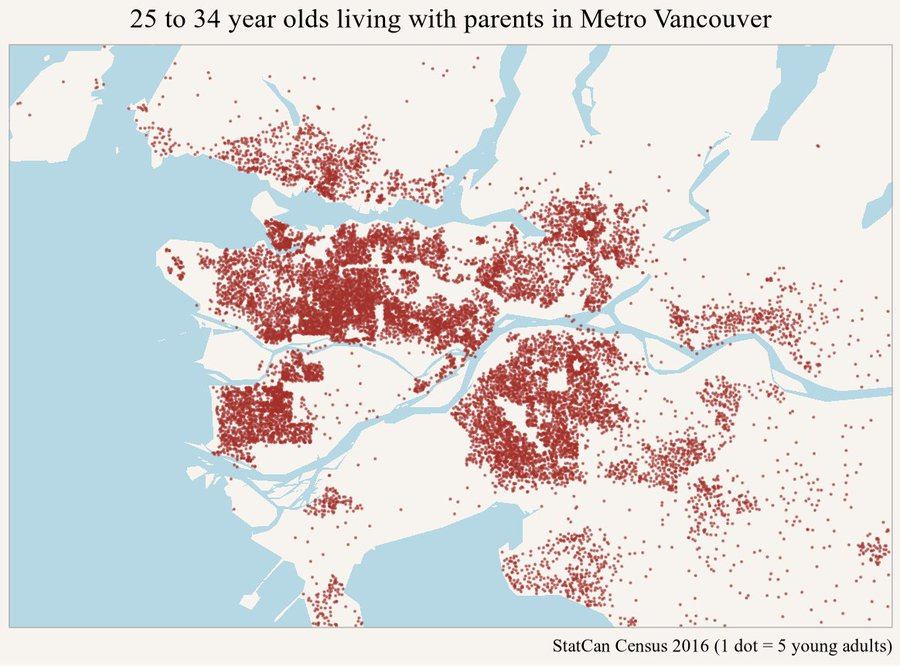Metro Vancouver's Broken Governance
When it's so bad that even the worst person you know is (partially) right
“Metro Vancouver’s governance is broken. Moving forward, I will not be attending Metro meetings and supporting a system that lacks accountability” — Ken Sim, Vancouver Mayor
Metro Vancouver’s Regional Government has become a bit of a punching bag lately.
Some local mayors are proposing “sweeping changes,” some are boycotting meetings, and some have even voted for their cities to withdraw from parts of the Metro Vancouver Regional Government altogether.
These mayors are admirable for their rejection of a universally criticized public body. It takes true courage to stand up after years of receiving catered meals and up to $1095 per meeting in stipends, and claim that they’ve now realized that Metro Vancouver’s governance is “broken”.
As shameless as the recent political grandstanding has been, they’re not wrong. Metro Vancouver’s governance is broken, just not only for the reasons people think.
At the start of 2025, Metro Vancouver doubled their Development Cost Charges (DCCs) on new housing. First of all, you have to appreciate how remarkable the marketing has been around these DCCs. What other tax do you know of, that has such a flattering name? What other tax do you know of, that doesn’t even get called a tax?
Imagine if they were just called Development Taxes? So anti-business. What about in the spirit of making "growth pay for growth", we called them Growth Taxes? That would feel a little more honest. But instead of that, we get Development Cost Charges, which implies that there’s some sort of formal calculation to figure out how much a Development costs and not just a made-up justification for more money:
P.S. - This was what my old boss used to call decision-based evidence-making (perhaps he was a little too creative for his job)
DCCs are a Form of Wealth Redistribution
The reality is that these DCCs work as a significant form of wealth redistribution. They disproportionately target those of us who have the least, people with no property, while redistributing to the richest amongst us1 — the ones who already own homes. This is done by using DCCs to replace property tax revenues, so that those rates can be kept artificially lower.
This isn’t some conspiracy by a random blogger online, this is the explicit policy choice that Metro Vancouver politicians have made over and over again and discussed at length in their official documents:
“To keep rate increases down, Metro Vancouver updated development cost charges (DCCs)… Without increasing DCCs, households would need to pay for the vast majority of the cost of new infrastructure through their utility bill — which would result in double-digit levy increases.”
The average household in Metro Vancouver will pay about $175 more to Metro Vancouver in 2025 than they did in 2024. That’s a big increase in one year! But it pales in comparison to the DCCs faced by new homebuyers. They’ll pay between $4,307 and $11,211 more in DCCs than they would have in 2024. Despite paying these ridiculously large upfront costs, they would still have to pay all the same property taxes and utility fees as existing homeowners.
There’s no question that the Metro Vancouver Property Tax increases are large, but it’s important to put them into perspective. The DCC increases from 2024→2025 could be up to 64 times as large as what the average household would pay in new property taxes in 2025.
Truths, Half-Truths, and Truthiness
We could debate all day about whether DCCs are fair or even helpful, but what bothers me the most is the way these Metro Vancouver politicians have repeatedly misrepresented this conversation.
In the face of all this recent criticism about governance, Mike Hurley, the Chair of Metro Vancouver and Mayor of Burnaby, has been parading around town and repeating the party line:
“We still believe that Metro Vancouver at $875 [per year] per average household is still very good value for money”
First of all, there’s nothing more convincing than saying that you “still” believe something is true, multiple times in the same sentence.
More importantly, this is one of those convenient half-truths. Yes, the average property tax cost2 per household is still projected to be $875 in 2025, but that statement completely ignores the inequities at the heart of this Metro Vancouver Budget:
The average costs are significantly higher for new homebuyers!! Yes, they may only pay $875 per year in property taxes once they own a place, but they’d pay up to $22,886 in DCCs to Metro Vancouver when buying it! Those costs for new homebuyers are up to 26 times as large as the $875 number that Hurley quotes above.
It’s important to remember that this isn’t some niche part of the population that Metro Vancouver is offloading its costs onto. Renters make up roughly 38% of Metro Vancouver’s residents, and roughly half of the people aged 25-44. All of them will be affected if/when they buy a home in the future.
A Lost Generation
As of 2016, there were over 100,000 young adults (aged 25-34) living at home in Metro Vancouver with their parents. If only half of them bought a new place and moved out over the next few years, they’d collectively pay between $531 million and $1.76 billion in DCCs, just to Metro Vancouver. And somewhere between $2 to $5 billion in DCCs to whichever local city they ended up buying a place in.
This is the generation that Metro Vancouver’s Regional Government has fundamentally failed. They are the ones that will be paying up to $35,270 in DCCs in 2027, for the privilege of then paying what will likely be the highest Metro Vancouver property taxes in history.
Despite what they may say otherwise, this is a crisis made and exacerbated by our local representatives at Metro Vancouver. The North Shore boondoggle was the biggest story, but it’s emblematic of a pattern with Metro Vancouver and their willful misrepresentation of the truth. Rather than own up to their failures once and for all, they’ve chosen to intentionally obscure the extent of this clusterfuck, by offloading significant costs onto future generations. This choice will dramatically worsen wealth inequality in the region, as Metro Vancouver plans to spend roughly $380M in DCC revenue per year (or $11.5B over 30 years) to artificially suppress regional property taxes for existing homeowners. With as hard as life already is for young people these days, should we really be significantly expanding a program that will transfer billions of dollars of housing wealth from young people to old?
As the juicy quotes come pouring of the latest Metro Vancouver meeting this morning, keep an eye out for what’s not talked about — like any serious discussion of generational equity with DCCs — and make sure to enjoy some passionate grandstanding from our courageous local representatives. Here’s to hoping they can give us some performances worth writing about.
In Metro Vancouver, almost three-quarters of owner households had incomes over the regional median household income ($90,000). https://metrovancouver.org/services/regional-planning/Documents/metro-vancouver-housing-data-book-2023.pdf
and utility fee



